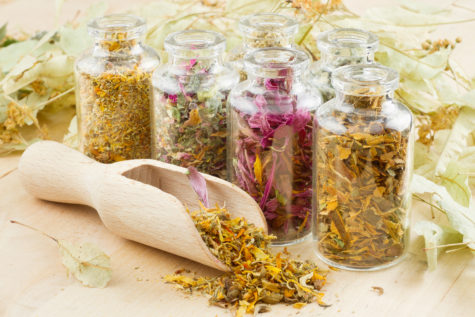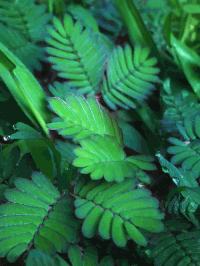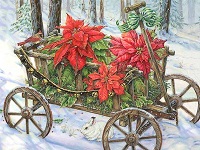Encyclopedia Of Herbology
Welcome!
There is nothing new about the use of herbs to promote recovery, health and well being. Every culture throughout the world has at some point used healing plants as the basis for its medicine and has a basic collection of native plant life from which remedies were selected.
Herbology is also known as botanical medicine, medical herbalism, herbal medicine, herbalism, and phytotherapy. The scope of herbal medicine is sometimes extended to include fungal and bee products, as well as minerals, shells and certain animal parts.
The use of herbs to treat disease is almost universal among non-industrialized societies. A number of traditions have come to dominate the practice of herbal medicine at the end of the twentieth century:
- The “classical” herbal medicine system, based on Greek and Roman sources
- The Siddha and Ayurvedic medicine systems from various South Asian Countries
- Chinese herbal medicine
- Traditional African medicine
- Unani-Tibb medicine
- Shamanic herbalism: a catch-all phrase for information mostly supplied from South America and the Himalayas
- Native American medicine.
Many of the pharmaceuticals currently available to physicians have a long history of use as herbal remedies, including opium, aspirin, digitalis, and quinine. The World Health Organization (WHO) estimates that 80 percent of the world’s population presently uses herbal medicine for some aspect of primary health care. Pharmaceuticals are prohibitively expensive for most of the world’s population, half of which lives on less than $2 U.S. per day. In comparison, herbal medicines can be grown from seed or gathered from nature for little or no cost.
Originally, the term “herb” only applied to non-woody plants. Today, “herb” refers to any part of any plant used for flavoring or medicine. Although the term “herb” can also be equated with food spices, it is generally used in reference to any plant, or any part of a plant, having nutritional and / or medicinal value(s). Additionally, an “herb” may be a fruit, a bark, a flower, a leaf, or a root, as well as a non-woody plant.
It is my intention to provide an easily accessible reference for anyone interested in herbs and their uses. Please see our Preliminary Advice page before using any herbs listed here that you are not completely familiar with. I do hope you enjoy your visit here and find something interesting and useful.
Bright Blessings!


